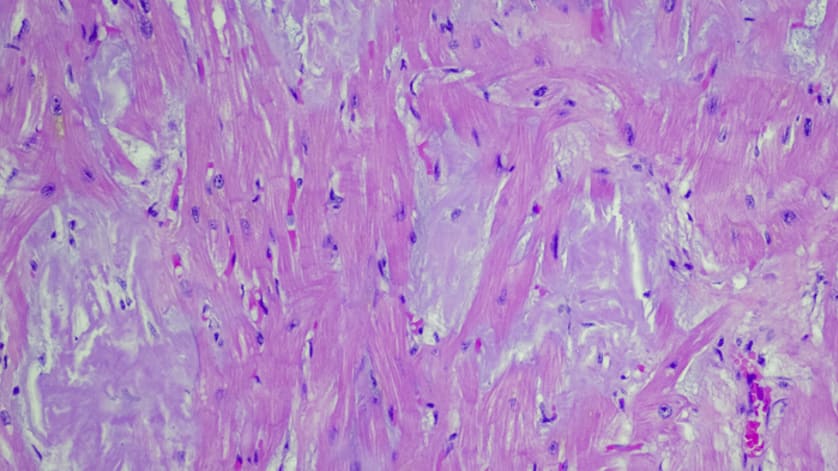
February 12, 2026



February 11, 2026
Baptist Health South Florida

February 11, 2026
Baptist Health South Florida

February 10, 2026
Keck Medicine of USC
Stay up to date with the latest clinical headlines and other information tailored to your specialty.
Thank you for signing up for the Daily News alerts. You will begin receiving them shortly.


February 04, 2026
Baptist Health South Florida

February 03, 2026
Baptist Health South Florida
